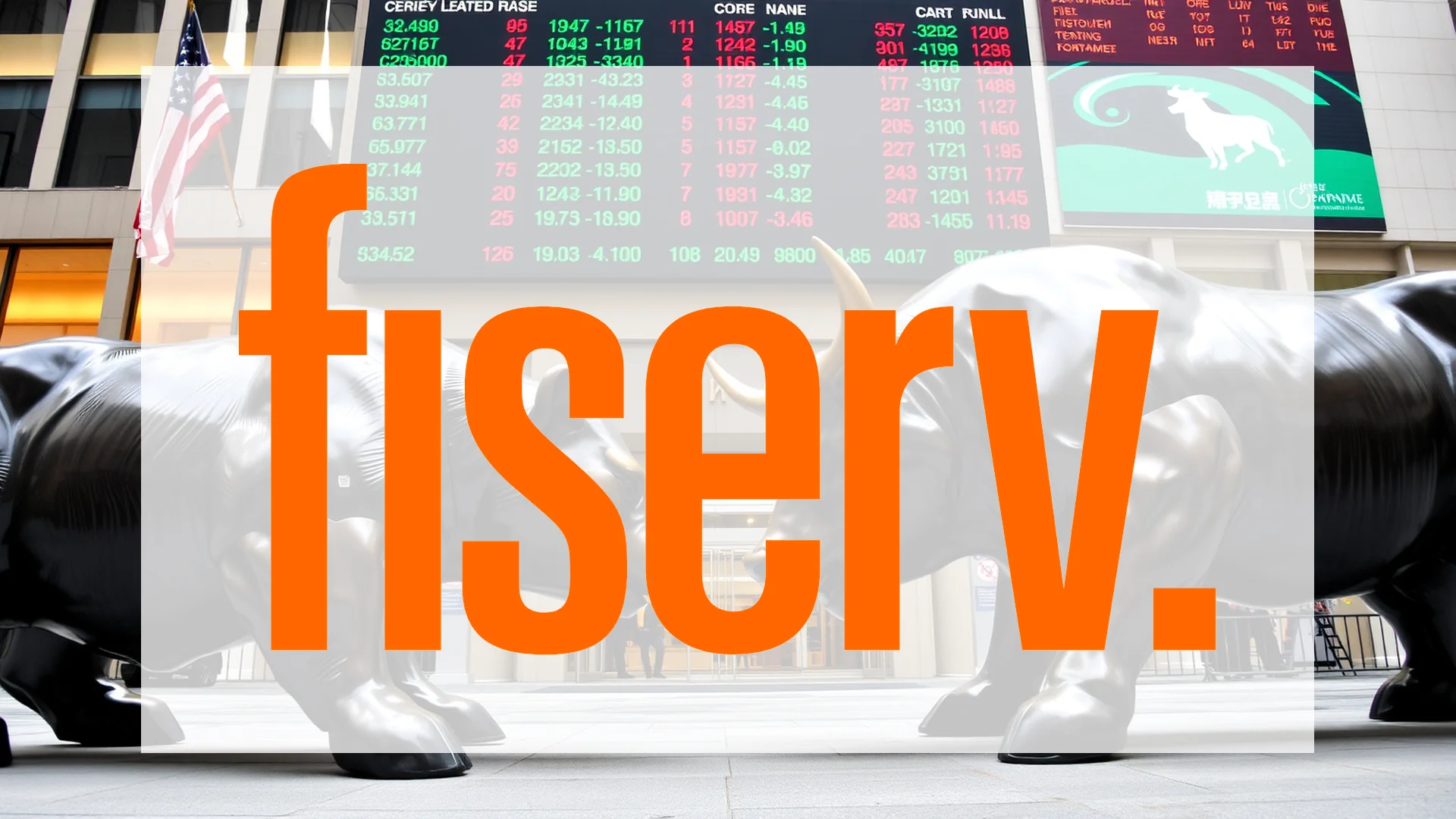Fiserv finds itself navigating turbulent financial waters as its stock faces unprecedented pressure. The crisis emerged when company leadership conceded that previous financial projections relied on assumptions that were “objectively difficult to achieve.” Compounding these challenges, a securities fraud class action lawsuit and a formal US Senate investigation have dramatically intensified the situation.
Third Quarter Results Trigger Market Reaction
The core of Fiserv’s current difficulties stems from what market experts describe as “disastrous” third-quarter 2025 financial results. Several critical developments have shaken investor confidence in the company’s operational stability:
- Adjusted revenues declined sequentially during the third quarter
- Organic growth projections were substantially reduced to a range of just 3.5% to 4%
- Earnings per share guidance was sharply cut to between $8.50 and $8.60
- The chief financial officer departed amid a broader board restructuring
This cascade of negative developments precipitated a severe stock price decline on October 29, 2025. Investors who purchased Fiserv equity between July 23 and October 29, 2025, now form the plaintiff class in the securities litigation.
Should investors sell immediately? Or is it worth buying Fiserv?
Political Pressure Mounts
The situation has escalated to the highest levels of government oversight. Democratic senators are formally seeking information regarding the former CEO’s involvement in developing and approving the company’s financial forecasts. Congressional investigators are examining potential mismanagement and determining whether investors received misleading information about the company’s financial health. This regulatory overhang presents additional downward pressure on the stock.
Institutional Investors Reassess Positions
Major financial institutions are taking decisive action in response to the turmoil. Rockefeller Capital Management significantly reduced its stake by 9,422 shares, signaling deteriorating confidence in the company’s near-term prospects. Conversely, Nomura Asset Management bucked the trend by increasing its position by 5,227 shares.
The equity now clearly trades in a downward trajectory. Following the third-quarter announcements, Morgan Stanley downgraded Fiserv from “Overweight” to “Neutral.” Goldman Sachs followed with its own rating reduction from “Buy” to “Neutral.” The company’s market capitalization stood at $34.89 billion as of November 18, 2025.
Ad
Fiserv Stock: Buy or Sell?! New Fiserv Analysis from February 7 delivers the answer:
The latest Fiserv figures speak for themselves: Urgent action needed for Fiserv investors. Is it worth buying or should you sell? Find out what to do now in the current free analysis from February 7.
Fiserv: Buy or sell? Read more here...










